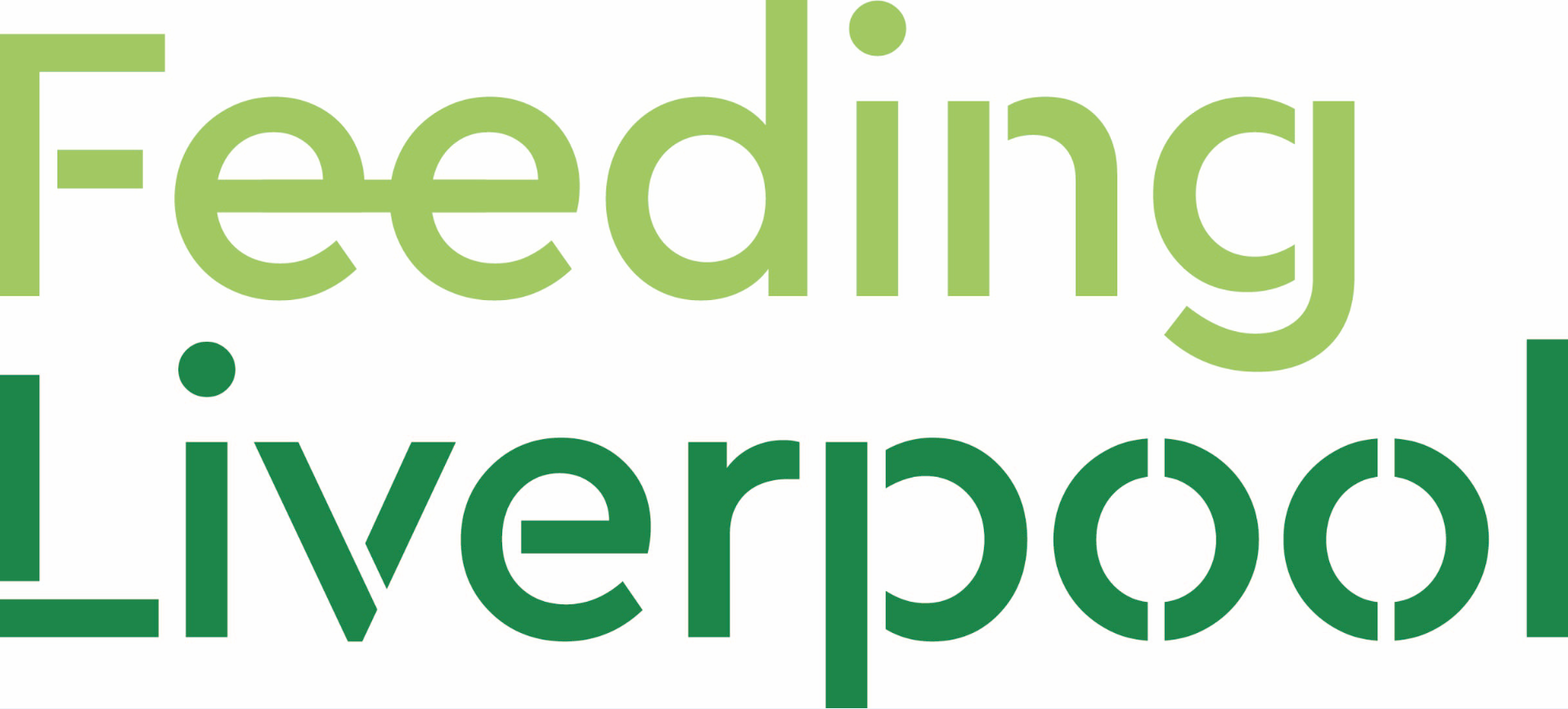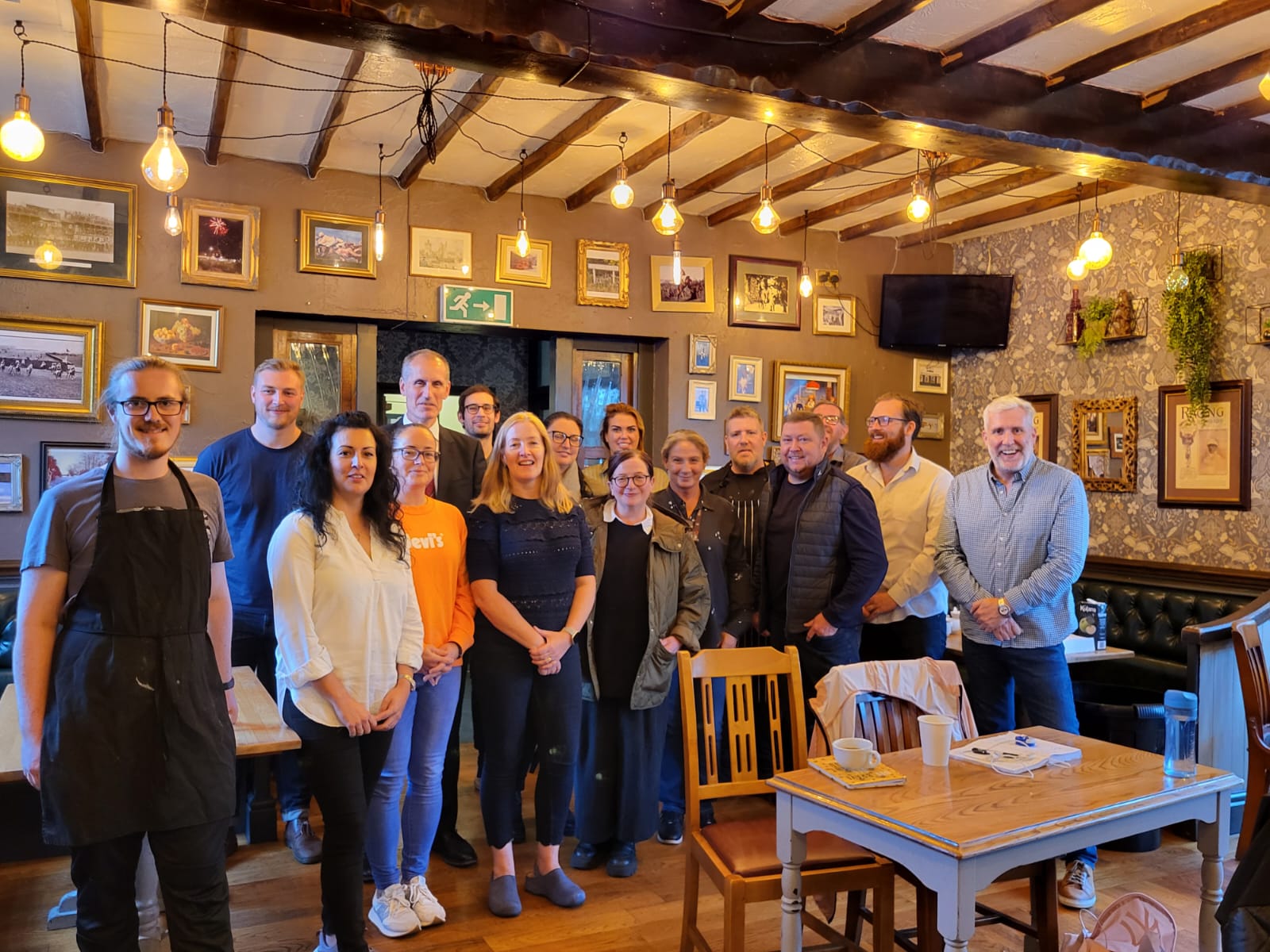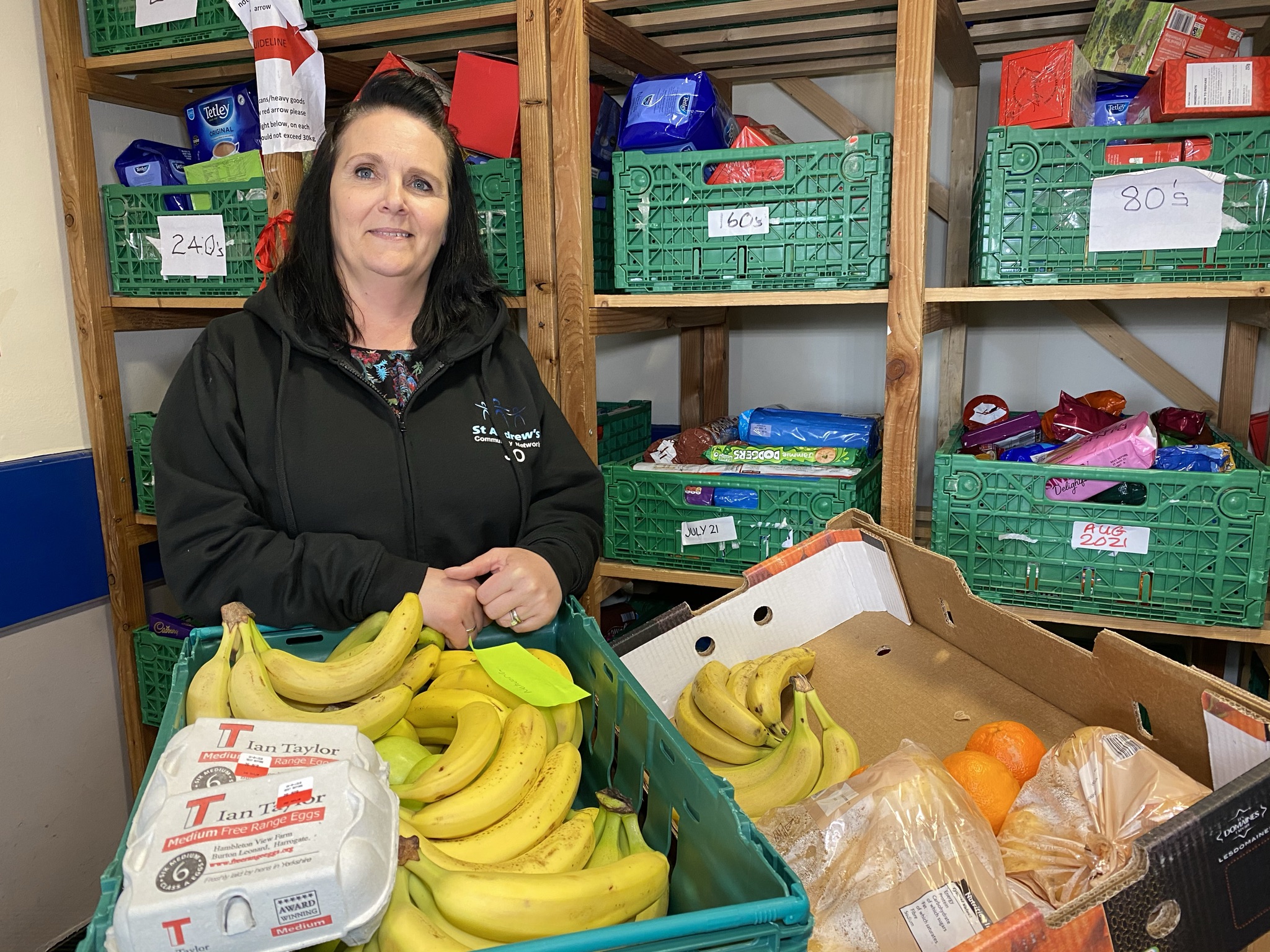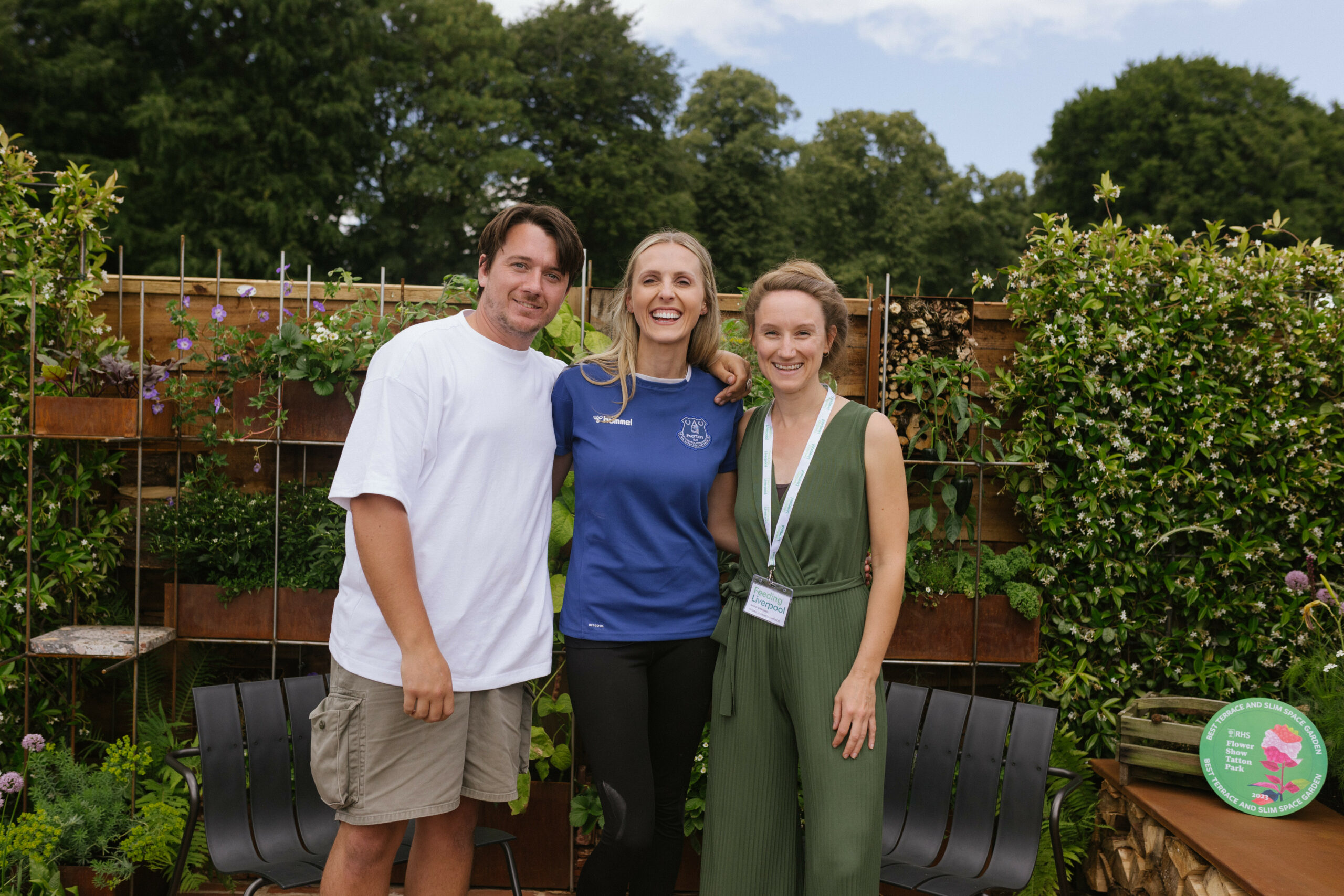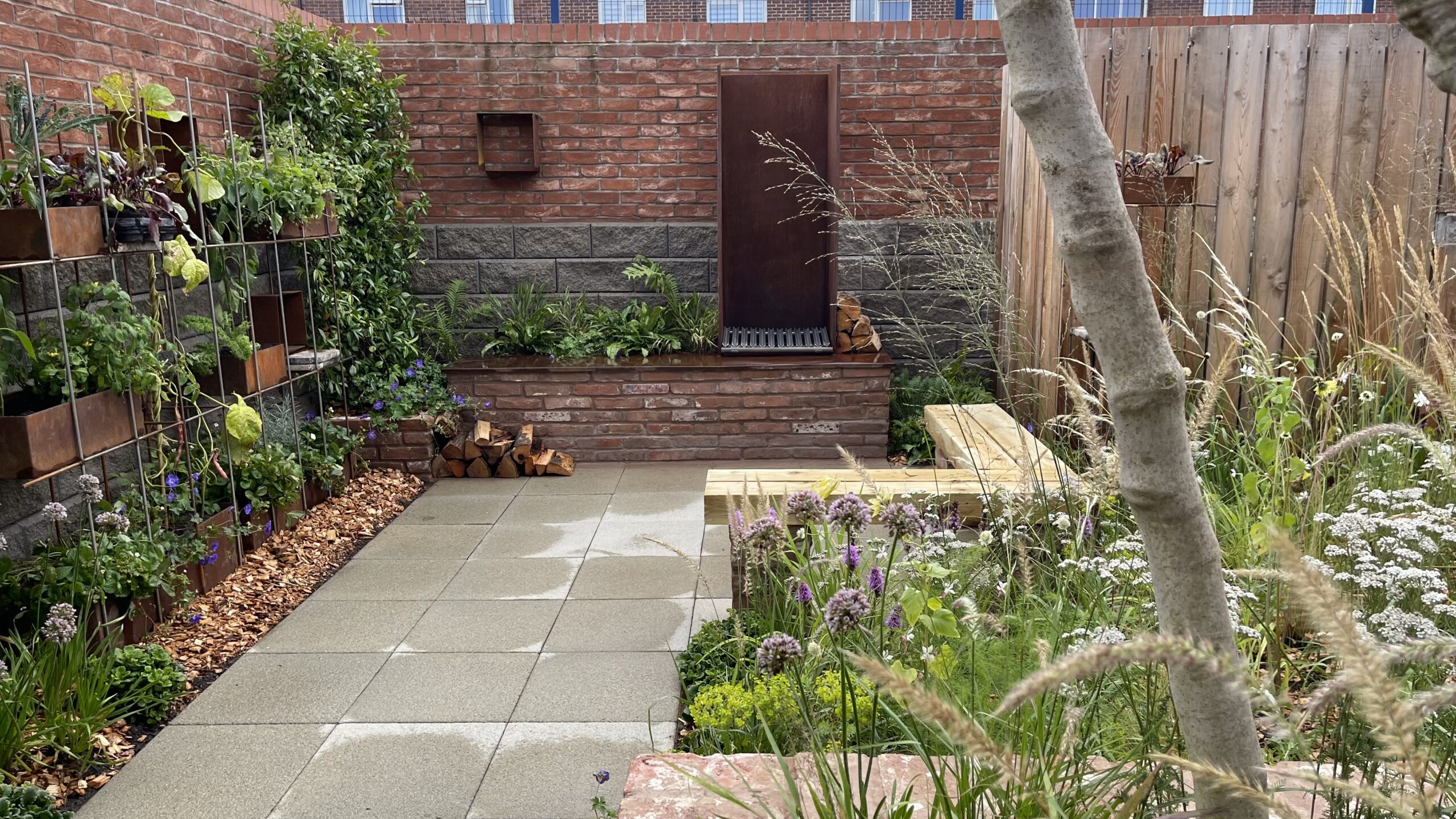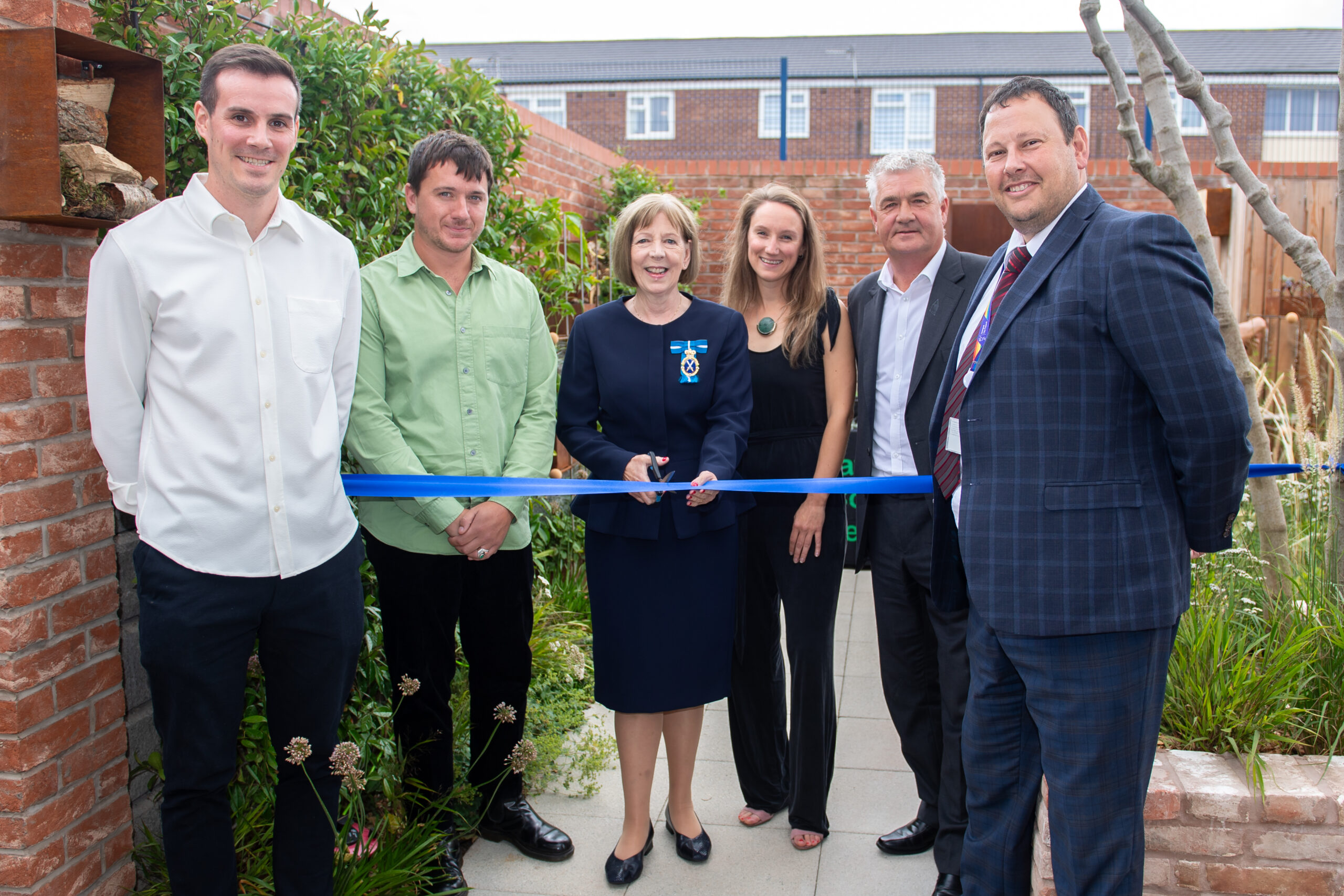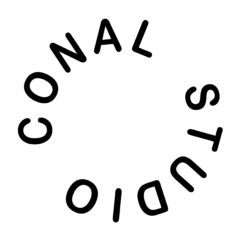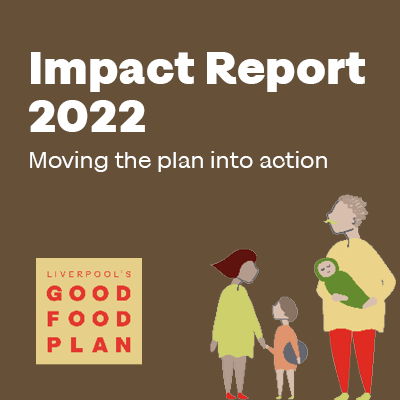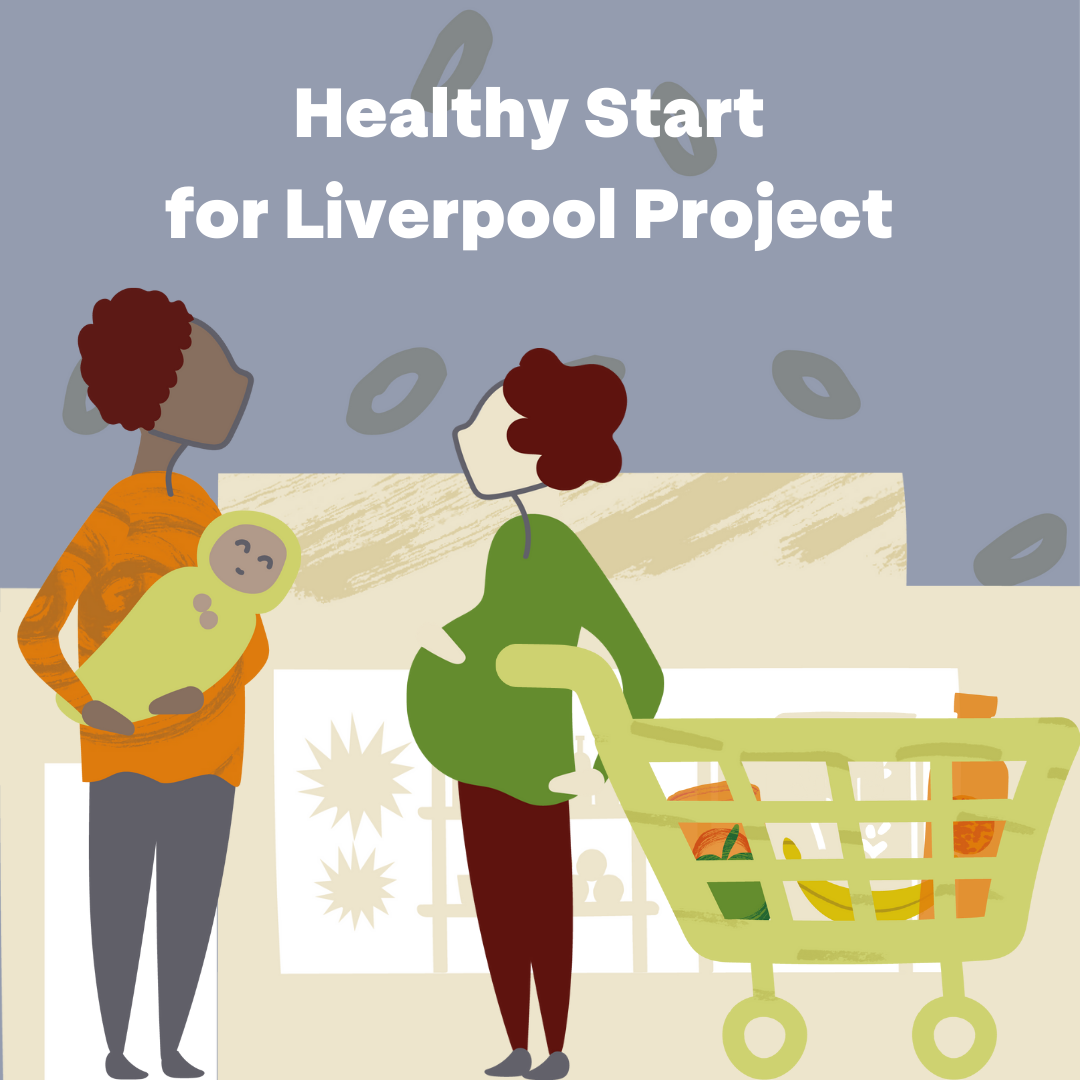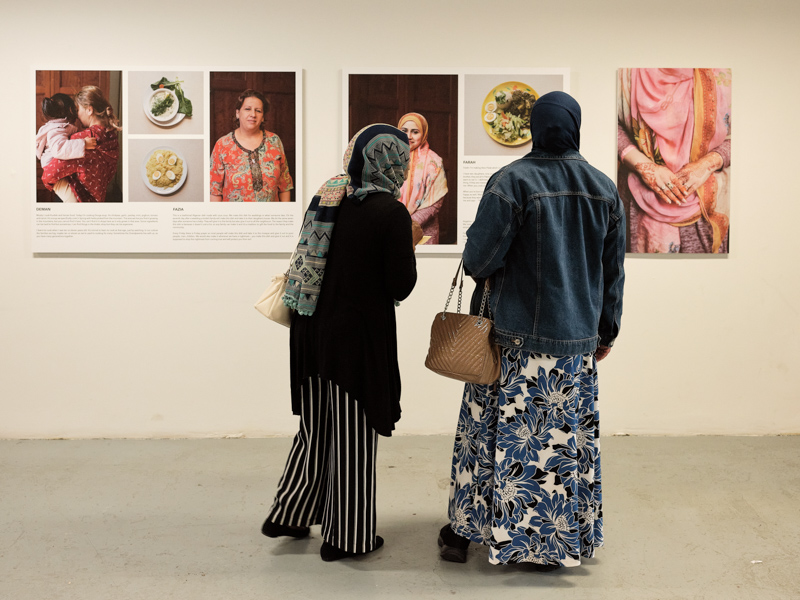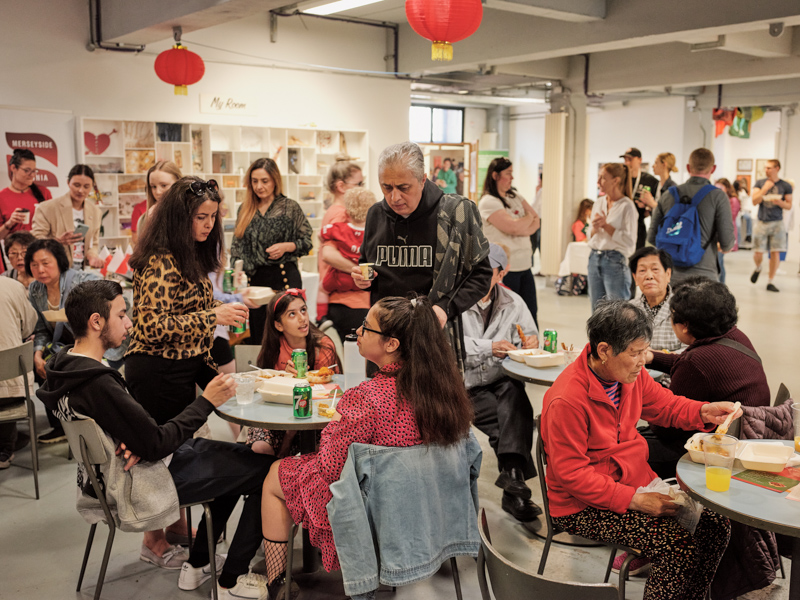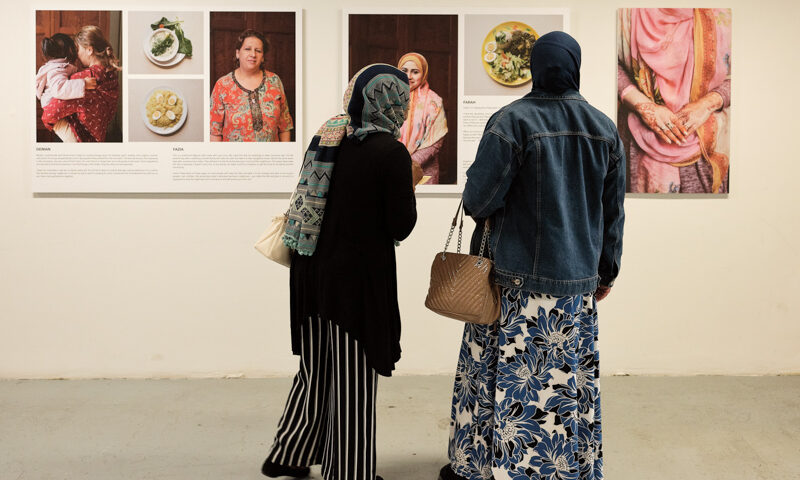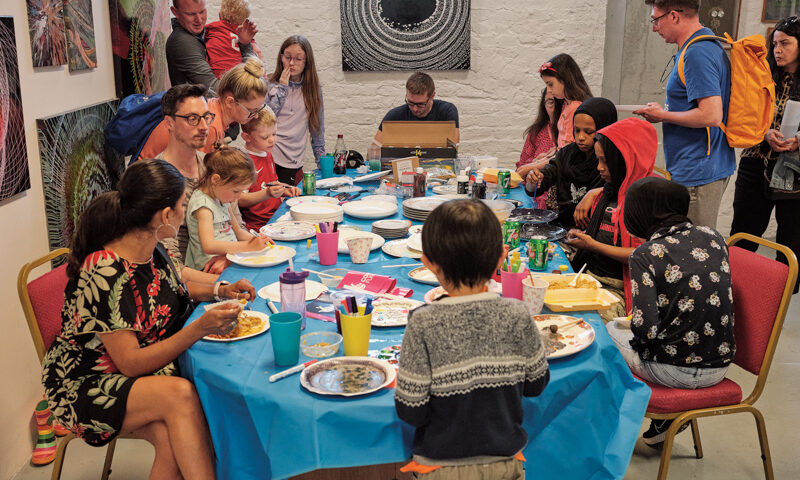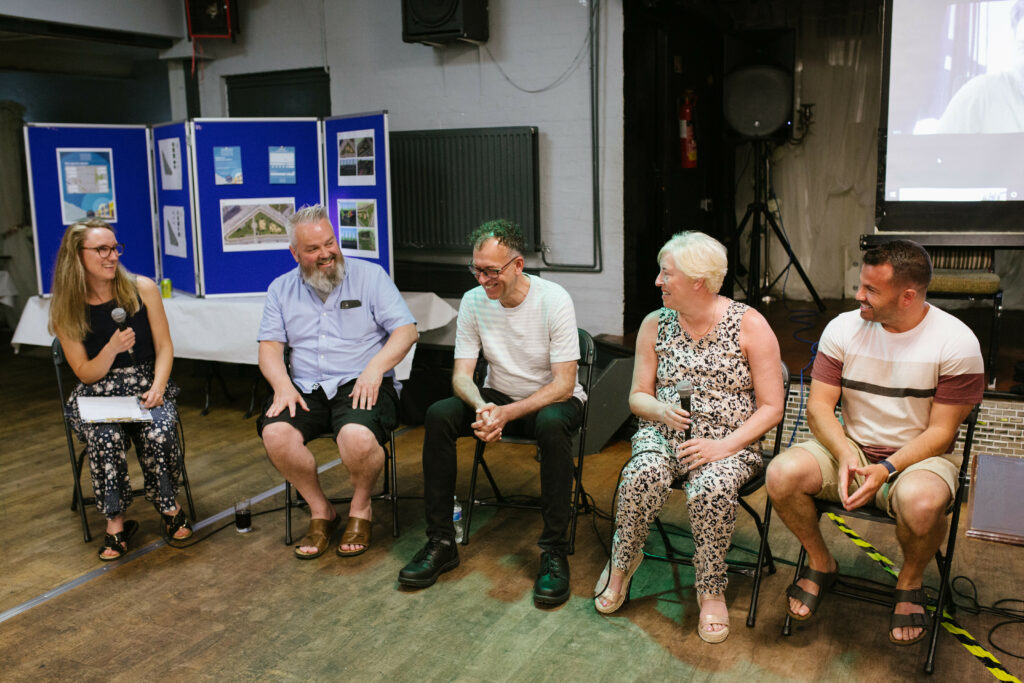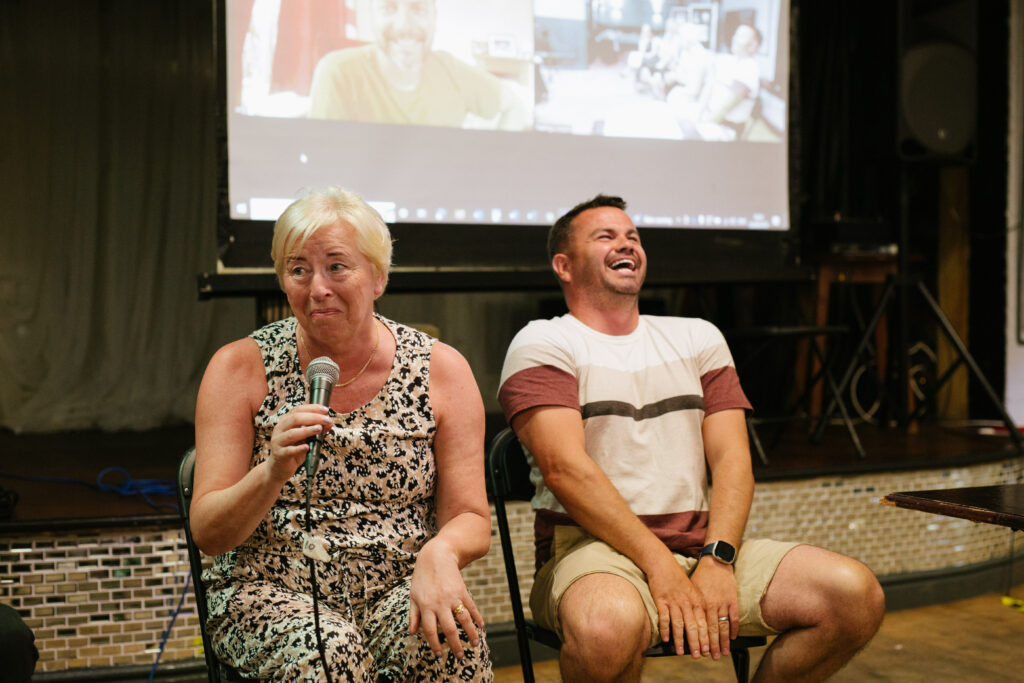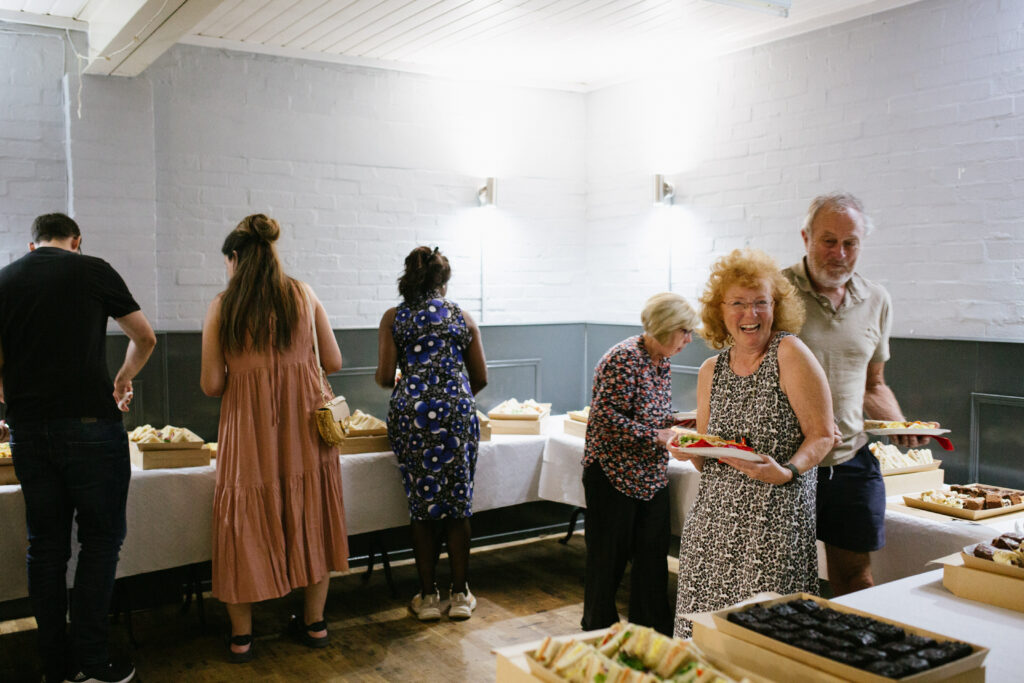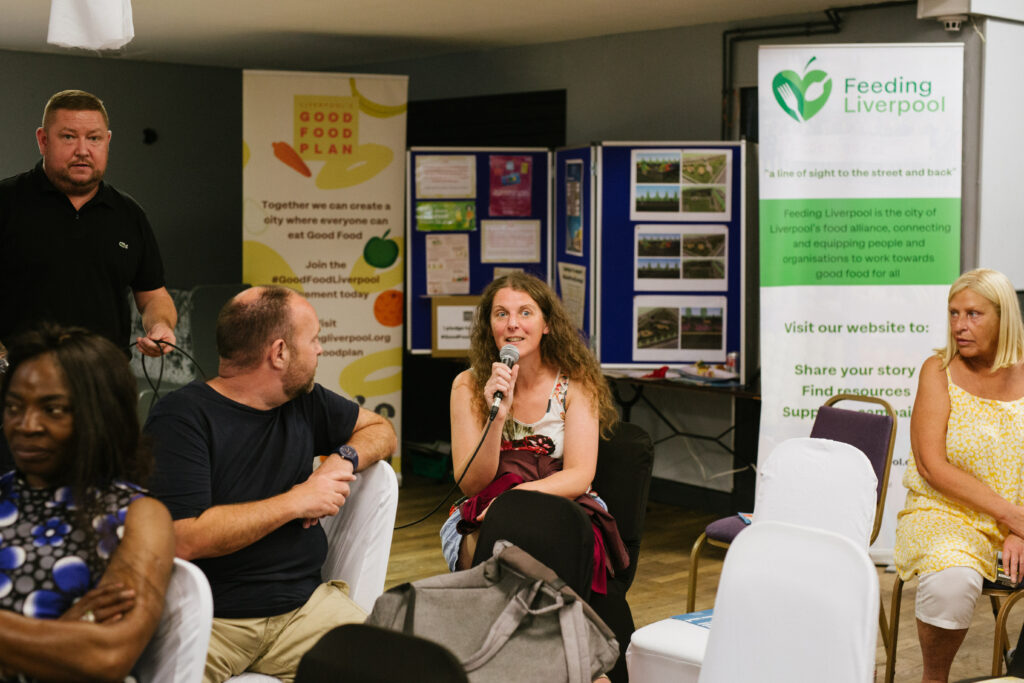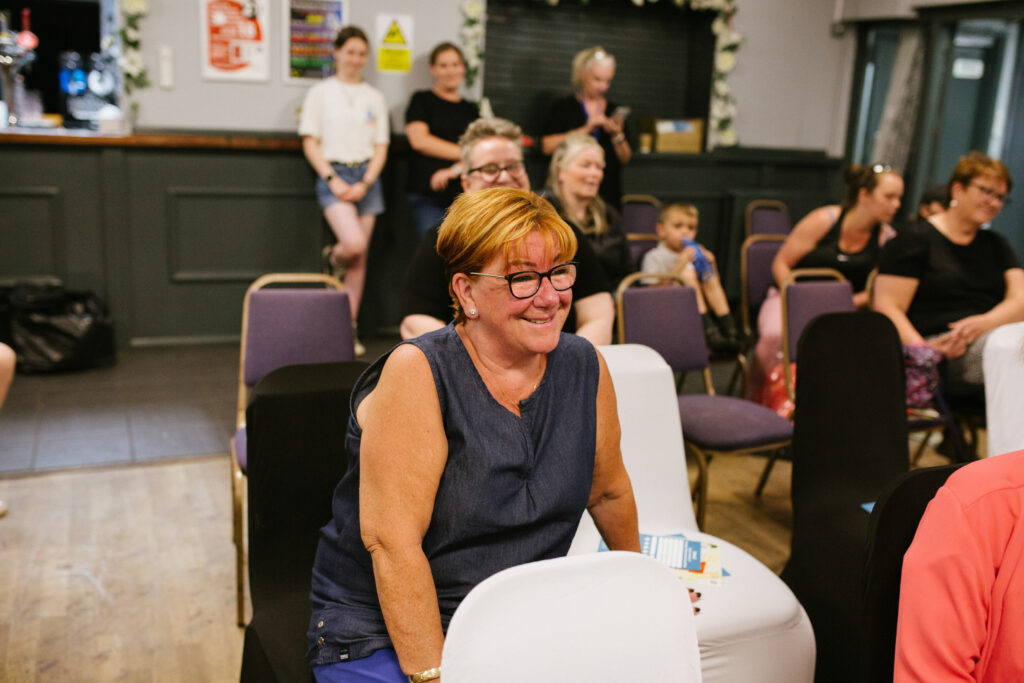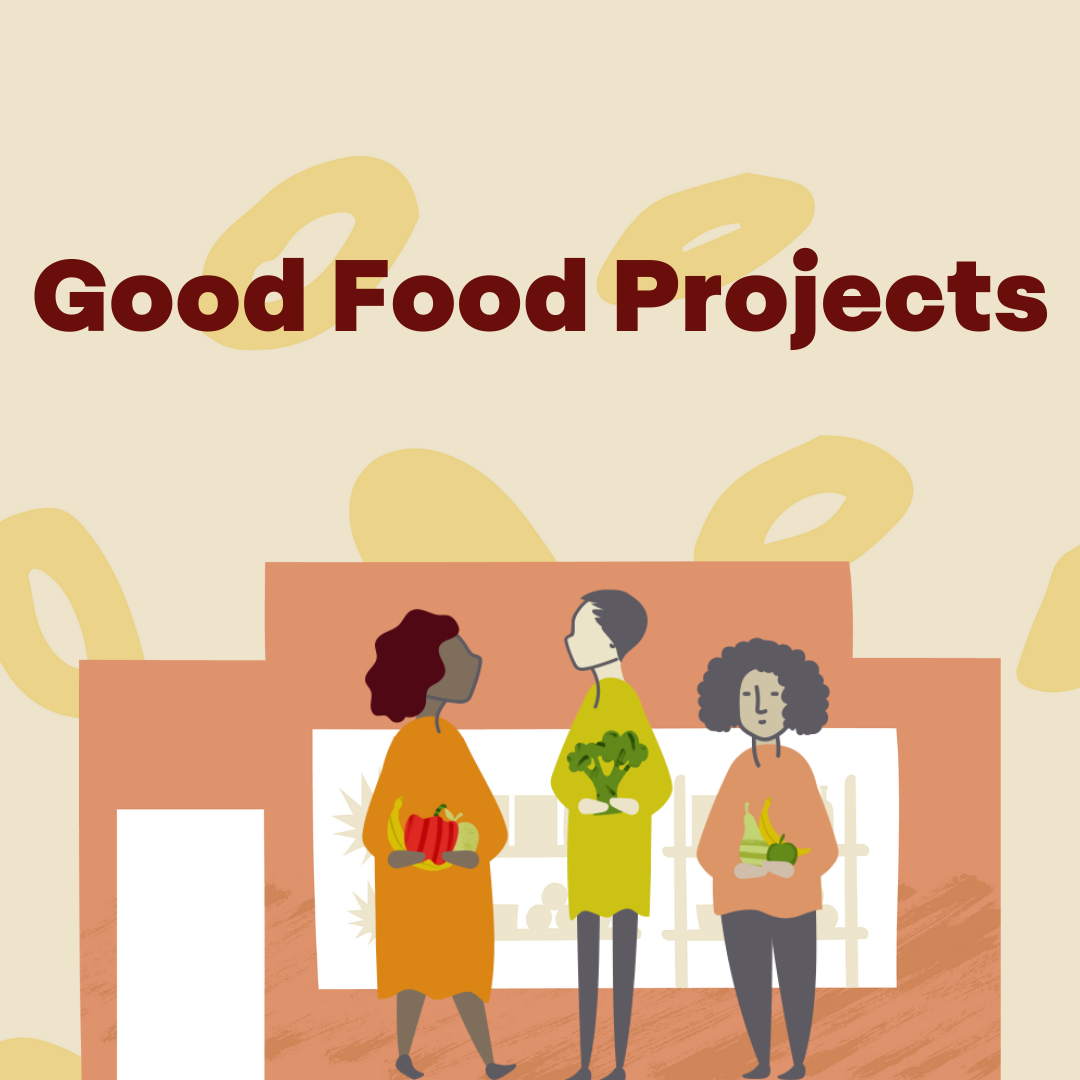We are pleased to announce that the Mersey Play Action Council and Liverpool City Council have funded a new round of slow cooker, train the trainer courses. Could you become a Fed-Up Slow Cooker Trainer?
Feeding Liverpool, Alchemic Kitchen and chef Adam Franklin partner on the Fed-Up Slow Cooker Training Programme, teaching practical, communal cooking courses that bring together and equip community members to make delicious, nutritious, low-maintenance meals on a budget, in a friendly atmosphere to help combat loneliness and social isolation.
The course trains participants to become Fed-Up slow cooker trainers who can host slow cooking courses in their local communities. This course is perfect for HAF/Community Food Space groups to send a staff member or volunteer.
Slow cookers are simple to use and typically use over 60% less energy than ovens. No previous cooking experience is required, just a passion to share what you learn with others and a willingness to lead a community cooking course after completing the training.
The Fed-Up course, led by chef Adam Franklin, started in 2014 as a course designed to help supplement foodbank parcels to maximise the amount of meals that could be prepared by adding fresh food, a slow cooker and the training to effect change. It has developed into a network of people from community settings connected together to use their new practical skills, support each other and connected into other community projects.
Our half day train the trainer courses
After the course, the new trainers will receive on-going support including:
- Training resources to deliver your course
- 10 recipe packs to handout to your course participants
- Up to 10 slow cookers for your course participants
- Ongoing communication with Feeding Liverpool, Alchemic Kitchen, and chef Adam Franklin to support the establishment of your courses
Training dates
Tuesday 20th February – 6-8pm
Wednesday 21st February – 1-3pm
Thursday 22nd February – 9.30-11.30am
All sessions to take place at Alba Restaurant, Prescot Rd, Liverpool L31 1AP
How do I get involved?
To get involved please express your interest using the form below. Whilst all organisations are encouraged to apply, priority will be given to Holiday Activity and Food Programme groups.
Unfortunately, we anticipate interest may exceed the number of places available, in which case we will create a waiting list for any future train-the-trainer courses.
Due to our funding requirements, participants will need to be primarily based in and willing to deliver courses within the Liverpool City Council geographical area. Participants who would like to deliver courses both within Liverpool and the wider City Region are encouraged to register their interest and note this on the form.
Apply here.

